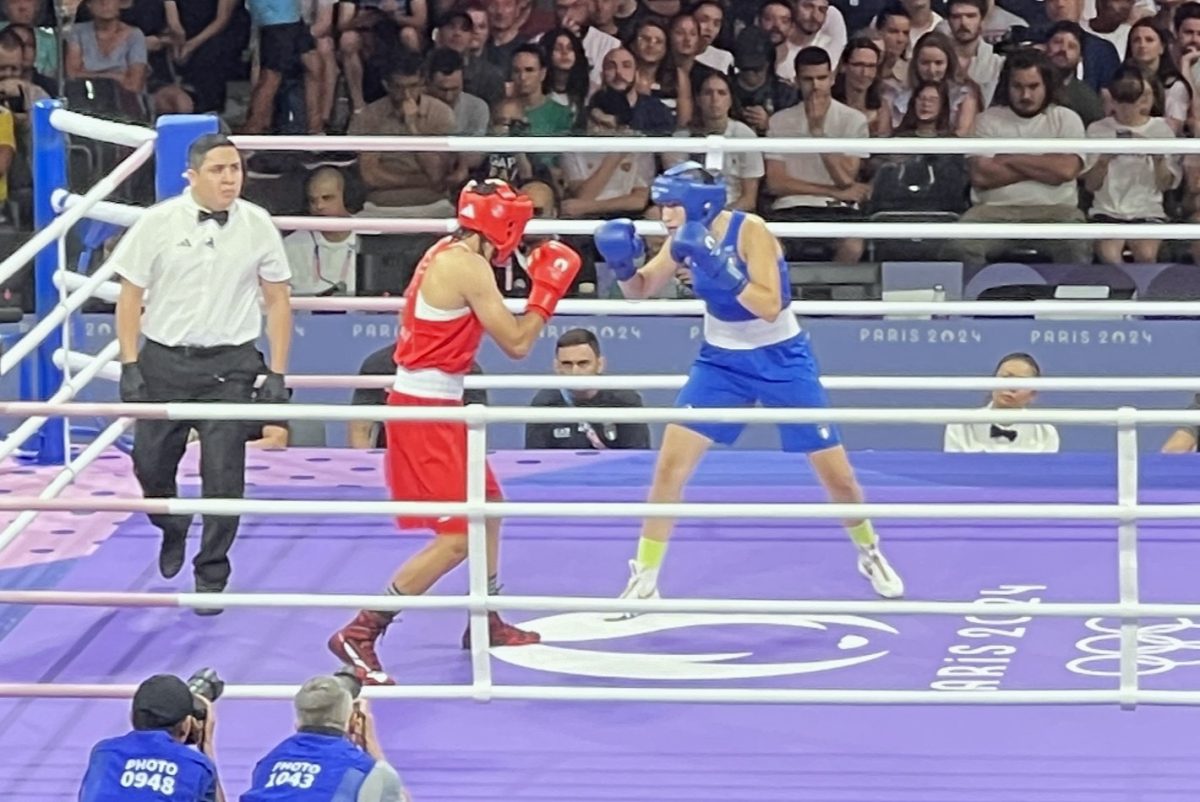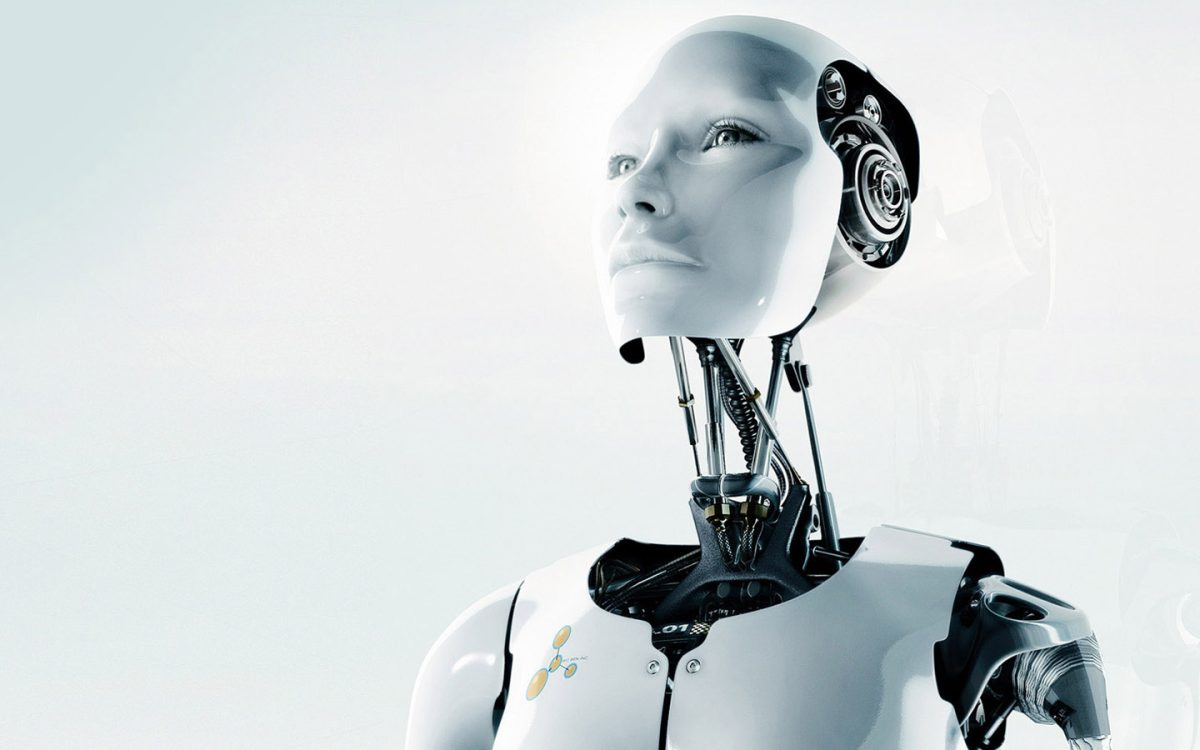It was Whimsical Wednesday on April 16 at NJIT as the Atrium filled up with a crowd. All who came out for the Robots History Capstone Showcase were captivated by the innovation of the students running the show!
Tables were set up as each “team” presented their research on a specific piece of robotic technology. The history, benefits, and future of this technology portrayed through the students’ intricate presentations set a modernistic atmosphere.
The “Robotics in History” table took us back 2.5 million years ago to when the knife was put to use. Then we journey through the 1700s and 1800s; when ice houses and ice boxes were used. Lastly, we saw the recent years up until 2002 when the automated robotic vacuum cleaner was invented. The pure human intelligence behind the making of all these inventions is truly remarkable.
At a different table with a similar theme, we are engaged in historical Ethics Analysis of the technology developed through the years. Such things were discussed as the United States’ introduction of the first tank in 1918 and Sadaam Hussein’s usage of chemical weapons against the Kurds in Northern Iraq in 1988. The rise in the military’s practice of this technology over the years is incredibly high, as new developments are made every day which contribute to the warfare.
Now, “The Future of Military Warfare by 2030 – Humanoids” demonstrates how prosthetic human-like drones are seemingly becoming the future of the war. Instead of sending people overseas to fight, kill, and be killed, why not send soulless robots? A utopian idea definitely, but not exactly too far-fetched. In fact, the research done on the subject is enough to deem it quite true. Steps were laid out and maps outlined the known technological advances capable of succeeding with the idea as well as the research and knowledge still missing from the equation.
“Touch sensations, tactile receptors, electrodes, nerve stimuli, and brain (recognition)” are key constituents that make up the ideal prosthetic. These are definitely things for The Future of Modern Warfare team to hold onto, but the ideas came originally from Team Bionic who asked themselves “What challenges remain to produce a prosthetic hand with all the same attributes and abilities as a fully functioning hand?” Indeed, there is a myriad of challenges lying in wait for the creators of prosthetics. Team Bionic relays the basic elements of these challenges, such as the weights issue of the prosthetic limb, low grip force, and battery life for pulse grip force. Nonetheless, the knowledge of these challenges can only benefit researchers and creators alike.
The most impressive technological advancement presentation, in my opinion, was the Driverless Vehicle. Albeit impressive, I came to find that the idea of driverless vehicle is not a novelty. In fact, from 1939 up to 2007, Futurama exhibits and car shows presented ideas for vehicles in which a driver needed not be present and the car could transport itself by whatever method. Huge benefits have arisen such as safer transportation, more independence, and easier traveling for long distances. Of course, certain challenges must be met to make the whole idea a complete success, but Google’s autonomous car seems to be sitting on the pole as the first driverless vehicle in which there is no driver present at all.
With such technology soaring to new heights, the development of America looks bright. The only frightening concept is just how well the robots with human intelligence will function. Forbes magazine predicts that “45% of American jobs are at high risk of being taken by computers within the next two decades.” Healthcare, defense, and manufacturing are the three main targets of the robotic intuition take over. However, the team researchers state that “The jobs we will hold in the future will require problem solving skills, analytical thinking, and observational abilities that go beyond the current capacities of robotics.” This is the information that truly brightens America –knowing that our human intelligence still stands as the number one job requirement!
The successful and highly informative Capstone Showcase proves that NJIT’s students hold more power in our superior knowledge than the increasing artificial intelligence of robots. Although the robots may be smart, fancy and hold the ability to things in a human-like fashion; just remember who made them and therein lies the greatest knowledge.
Holly Junice































